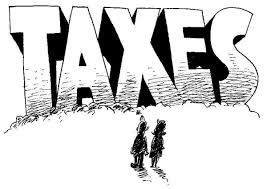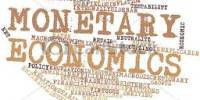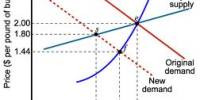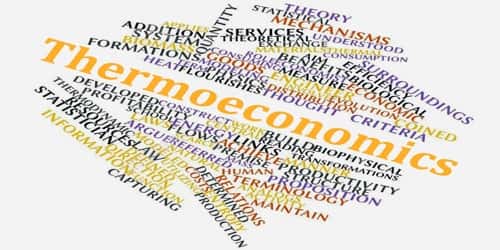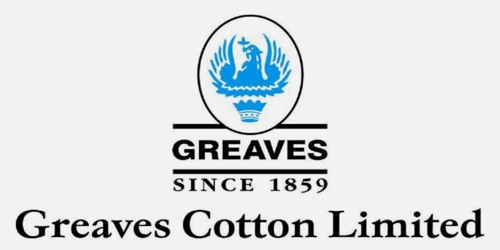In simplest terms, a tariff is a tax. It adds to the cost of imported goods and is one of several trade policies that a country can enact.
Tariffs are usually implemented when the world price of a good is lower than the domestic price of a good. A tariff thus is a form of protection from foreign competition that can produce that good at a cheaper price. The jobs of that industry are thus protected by the tariff, as opposed to the jobs being eliminated by foreign competition. This makes consumers outside the industry lose because they have to pay a higher price for that good.
A tariff may be accessed directly, at the border, or indirectly, by requiring the prior purchase of a license or permit to import specified quantities of the good. Examples of tariffs include transit duties and import or export taxes, which may be levied on goods passing through a customs area en route to another destination. In addition to providing a source of revenue, tariffs can effectively protect local industry by driving up the price of an imported item that competes with domestic products. This practice allows domestic producers either to charge higher prices for their goods or to capitalize on their own lighter taxes by charging lower prices and attracting more customers.
